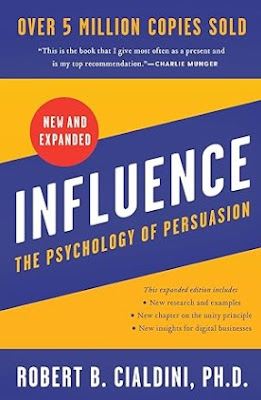by James Allen“Many people today, despite the evidence, will not believe-don't want to believe-that such atrocities happened in America not so very long ago. These photographs bear witness to . . . an American holocaust." –John Lewis, US Congressman
The Tuskegee Institute records the lynching of 3,436 Black Americans between 1882 and 1950. Many times, a photographer was present to capture these events. Without Sanctuary preserves these harrowing, death-marked depictions, saving them so that we may recognize the terrorism unleashed on America’s African American community. Editor James Allen, an American antique collector, includes nearly 100 images of lynchings in America from his own collection, including battleground cases such as the 1911 murders of Laura and Lawrence Nelson in Okemah, Oklahoma the lynching of Rubin Stacy in Fort Lauderdale, Florida in 1935, and the infamous 1915 execution of Jewish factory manager Leo Frank in Marietta, Georgia. These images are accompanied by Allen’s own notes, as well as texts from the late US congressman and civil rights leader John Lewis, the late slavery and Reconstruction historian Leon Litwack, and writer and theater critic Hilton Als, professor at University of California in Berkeley and Columbia University. Now in its 17th printing, Without Sanctuary remains a singular testament to the camera’s ability to make us remember what we often choose to forget.
James Allen (born 1954) is an American collector best known for his vast collection of photographs of lynchings in America. Some of his collected items are now located in the Smithsonian and the High Museum of Art.
Leon Litwack (1929–2021) was a professor of American History at the University of California in Berkeley from 1964 to 2007. He specialized in the Reconstruction Era and the aftermath of slavery in the late 19th and early 20th centuries. His 1979 book Been in the Storm So Long won the Pulitzer Prize for History, the Francis Parkman Prize and the National Book Award.
Hilton Als (born 1960) is a writer and theater critic. He holds professorial positions at the University of California in Berkeley and Columbia University, and serves as a staff writer and theater critic for the New Yorker. In 2017 he won the Pulitzer Prize for criticism. Als has also curated several group art exhibitions including Forces in Nature at Victoria Miro Gallery and Alice Neel: Uptown at David Zwirner Gallery.
John Lewis (1940–2020) became involved in the Civil Rights movement when he was still a teenager. He was introduced to both Rosa Parks and Martin Luther King Jr., and participated in the 1960 Nashville sit-ins as well as the 1961 Freedom Rides. As chairman of the Student Nonviolent Coordinating Committee (SNCC) from 1963 to 1966, he was one of the “Big Six” civil rights leaders who coordinated the March on Washington. He represented Georgia’s 5th District in the U.S. House of Representatives from 1987 until his death in 2020.
Twin Palms Publishers
Fifteenth Edition, 2021 (November 1, 1999)
2021 edition includes foreword by John Lewis
ISBN-13 978-0944092699



